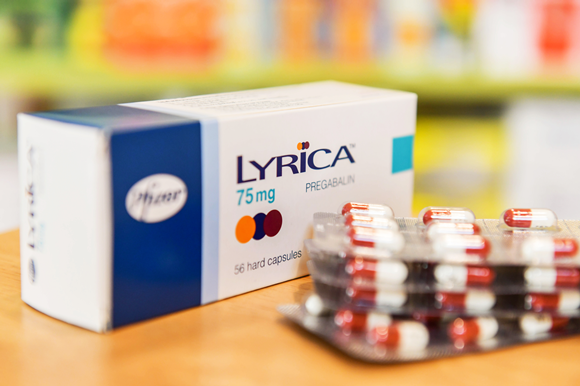 Pain Management
Pain Management
Gabapentin and pregabalin (Lyrica) – very poor choice for…
The truth about gabapentin and pregabalin (Lyricaâ) as published in a recent article in The New York Timesâ. You can read about an excellent investigative article here. Both drugs (including a long acting form of gabapentin known as Gralise) are not effective for pain. The following are from a well researched article written by Jane E. Brody published in The New York Times on May 20, 2019. I have written down the pertinent points and have placed a link the actual article. Two reviewers, Dr. Christopher W. Goodman and Allan S. Brett of the University of South Carolina School of Medicine reviewed the published evidence.

- “Patients and physicians should understand that the drugs have limited evidence to support their use for many conditions, and there can be some harmful side effects, like somnolence, dizziness and difficulty walking”.
- :Gabapentin and Lyrica, both sold by Pfizer, have been approved by the Food and Drug Administration to treat only four debilitating pain problems: postherpetic neuralgia, diabetic neuropathy, fibromyalgia and spinal cord injury. Even for these approved uses, the evidence for relief offered by the drugs is hardly dramatic, Drs. Goodman and Brett reported in JAMA Internal Medicine online”.
- “In many well-controlled studies they found there was less than a one-point difference on the 10-point pain scale between patients taking the drug versus a placebo, a difference often clinically meaningless”.
- Johansen cited several serious concerns about overuse of gabapentinoids, including “a dearth of long-term safety data, small effect sizes, concern for increased risk of overdose in combination with opioid use, and high rates of off-label prescribing, which are associated with high rates of adverse effects.”
For the full article please click on the link below or copy and paste into your browser









